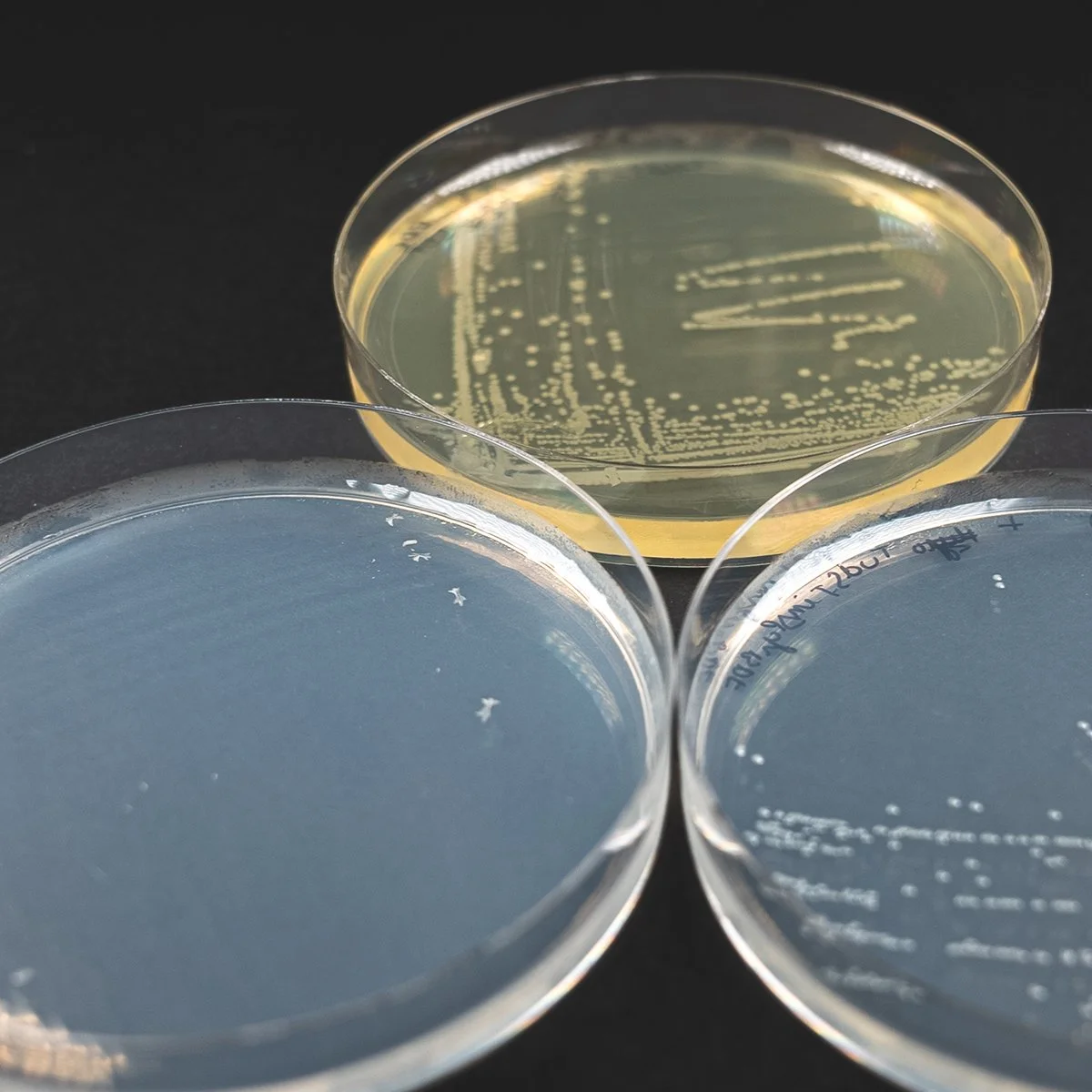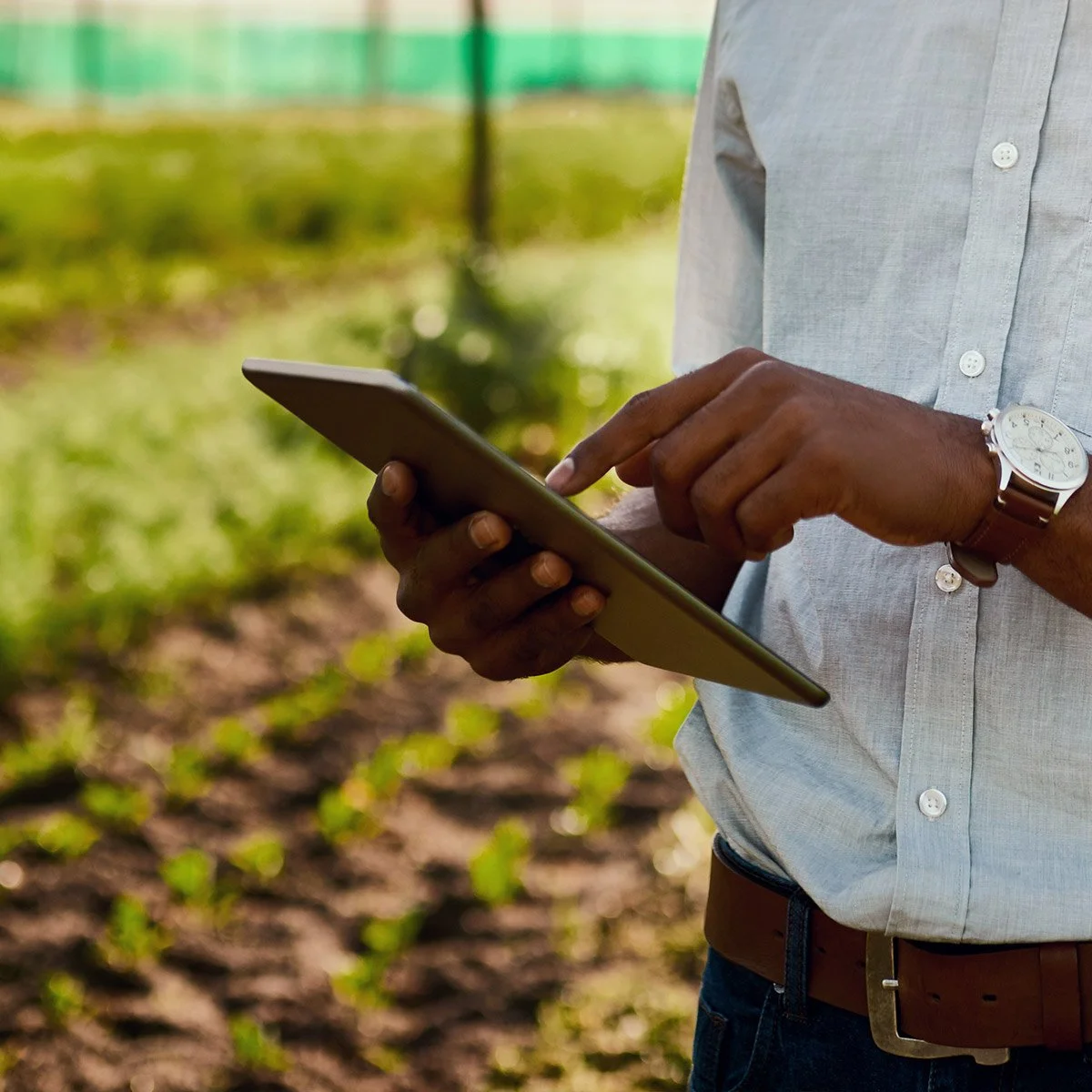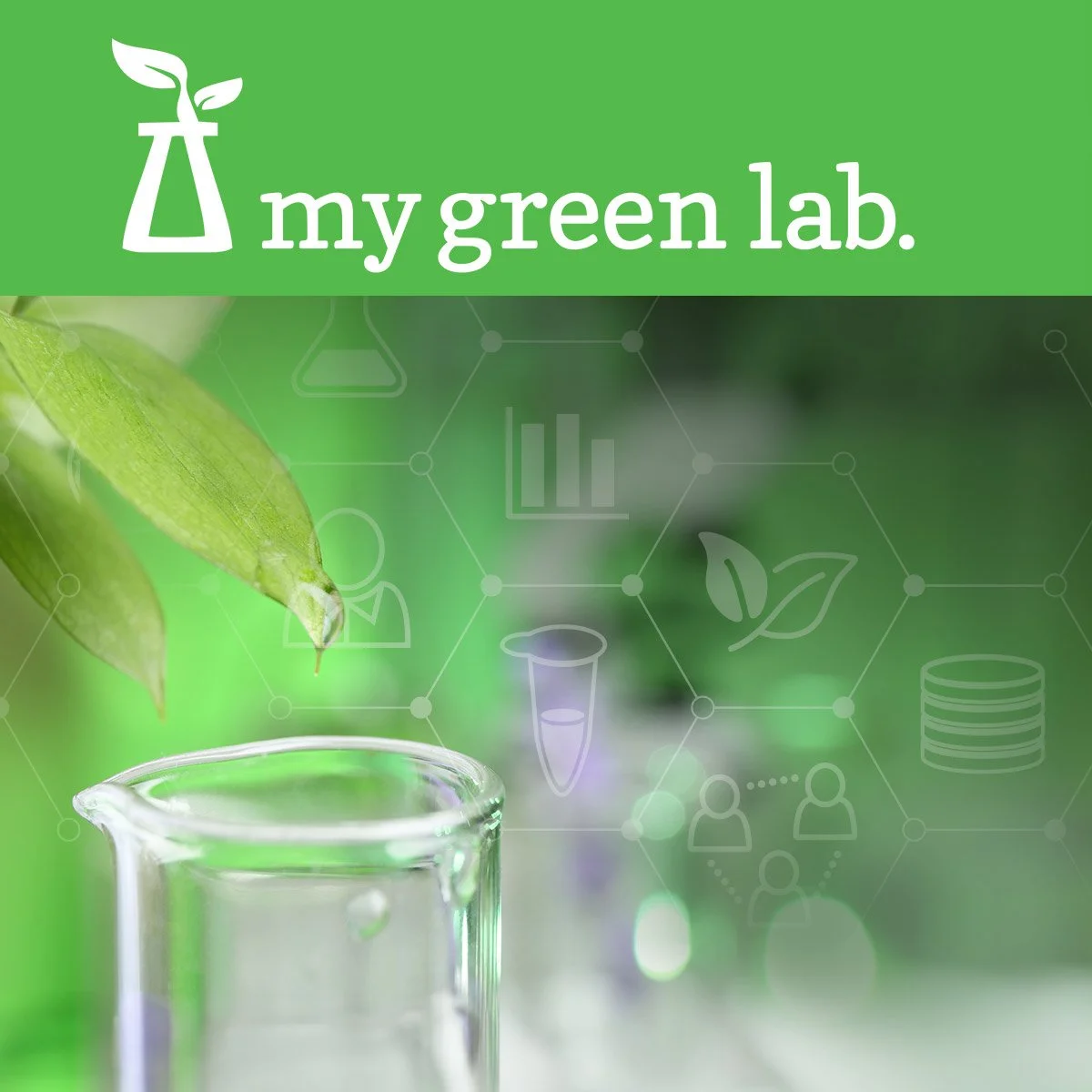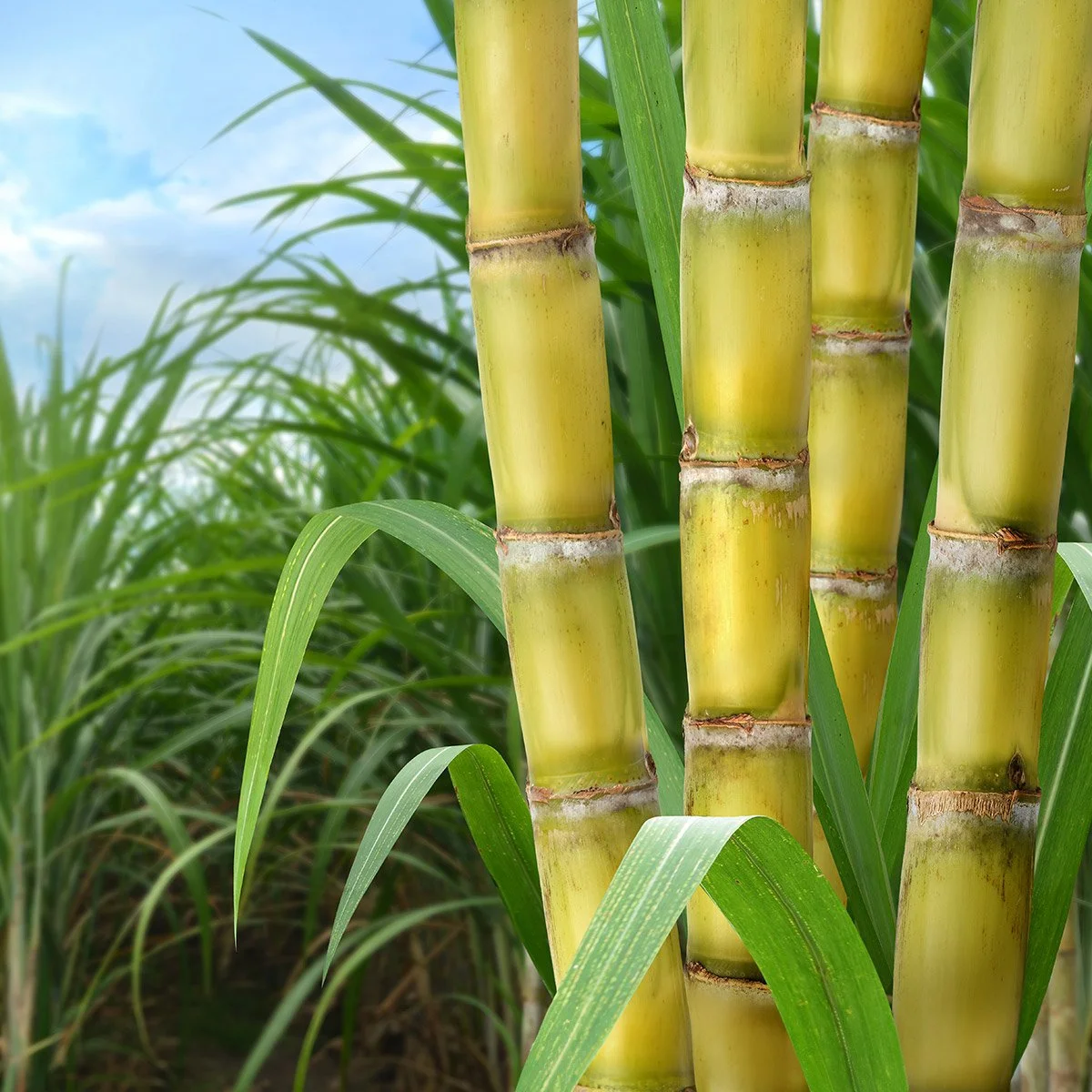Interview with the lab sustainability at UC davis. Individuals interviewed:
Sid England, Assistant Vice Chancellor of Environmental Stewardship and Sustainability
Camille Kirk, Assistant Director of Sustainability, Environmental Stewardship and Sustainability
Allen Doyle, Sustainability Manager, Environmental Stewardship and Sustainability
You can see longer bios of each of them at: http://sustainability.ucdavis.edu/about/index.html
1) What does ‘sustainability in research’ mean to you?
At a university, we think sustainability encompasses four ‘E’s: environment, economics, equity and education. In terms of ‘sustainability in research’ we view that as including the topics being researched and, more broadly, how research practices are undertaken to minimize impact and enhance efforts to meet aggressive goals by the campus and in the University of California’s Sustainable Practices policy, such as zero net greenhouse gas emissions from our operations by 2025, water use reduction of 25% from our baseline use, and zero waste to the landfill by 2020.
2) Do you think researchers have a responsibility to promote sustainability in their own lab and encourage others to do so?
Through their training, and frequently the research in their fields, researchers have an understanding of ecological and social resource pressures and the potential implications of ignoring those pressures. Further, sharing resources with colleagues and limiting resource use can stretch grant dollars and make the institution more effective. We would indeed argue that researchers have a responsibility to engage in lab and fieldwork practices that can be characterized as sustainable or more sustainable, as well as a responsibility to encourage and teach other researchers by way of both active practice of such techniques in their research labs/field work and by setting a norm for their students, post-docs, and peers for sustainable lab and field research practices.
3) Why do you think some labs might be more or less likely to adopt sustainable lab practices?
Like so many behaviors, adoption of sustainable lab practices has a lot to do with the personal interest of the PI or lab manager, the social norms of research peers, awareness of options for sustainable practices, and perception of difficulty or ease of adopting such practices. The UC Davis Green Workplace program is designed to help with awareness about and adoption of sustainable workplace practices.
4) What are some of the easiest ways that labs can implement sustainable practices?
While every lab is different, here are some common ways to shrink a laboratory footprint:
· Close the fume hood: This is always the safest practice, and sometimes saves a lot of energy
· Turn it off: Review all equipment that can be powered off or run at a lower energy intensity (ovens, vacuum pumps, heat blocks). A $10 digital timer can power up first thing in the morning.
· Manage cold storage: Maintain freezers; reduce inventory; keep DNA at -20 and turn freezers to -70 (“Chill UP!”); share freezer space; turn equipment to “eco-mode”; buy the latest generation of efficient freezers when buying new or replacing existing equipment.
· Reduce consumables and recycle: Order consumables with the least packaging, and re-use if feasible; recycle cardboard; recycle gloves and foam, put benign plastics and glass into appropriate #1, #2 or #5 containers; compost paper towels.
· Eliminate single pass cooling with water: Find out if low-energy, low-tech options for closed loop or air cooling are available for your lab – often they are at a low cost.
· Join a green labs program or encourage your campus sustainability manager to start one! Many are listed on the links page below.
5) Are sustainable lab techniques monetarily feasible?
Green labs efforts are targeted at no-cost or low-cost, voluntary efforts that most scientists can achieve. Sometimes pointing out alternatives can lead to a departmental investment, such as a solvent recycler, or a digital scanner of radiolabeled plates, for example.
6) Where can interested researchers find out more information?
At UC Davis, please visit our Green Workplace program [http://sustainability.ucdavis.edu/action/green_workplace/index.html], and to learn about national and UK green lab initiatives and strategies, please consult this resource list [https://docs.google.com/document/d/1AWHzZd--Stlc984mSkeH_IZvkKLqasssimJ-yZrV2j4/edit?usp=sharing].
The Green Lab Program at UC Davis














Lab sustainability certification programs are learning tools to help scientists identify changes that will reduce environmental impacts and conserve resources. A key feature of these programs is that they can help research institutions reach sustainability goals without undermining the autonomy of academic lab teams. The catch is that only a minority of labs volunteer to participate. This month, I’m summarizing two recent studies that examined scientists’ perceptions of the benefits and pitfalls of using common programs and offered suggestions on how to improve them.